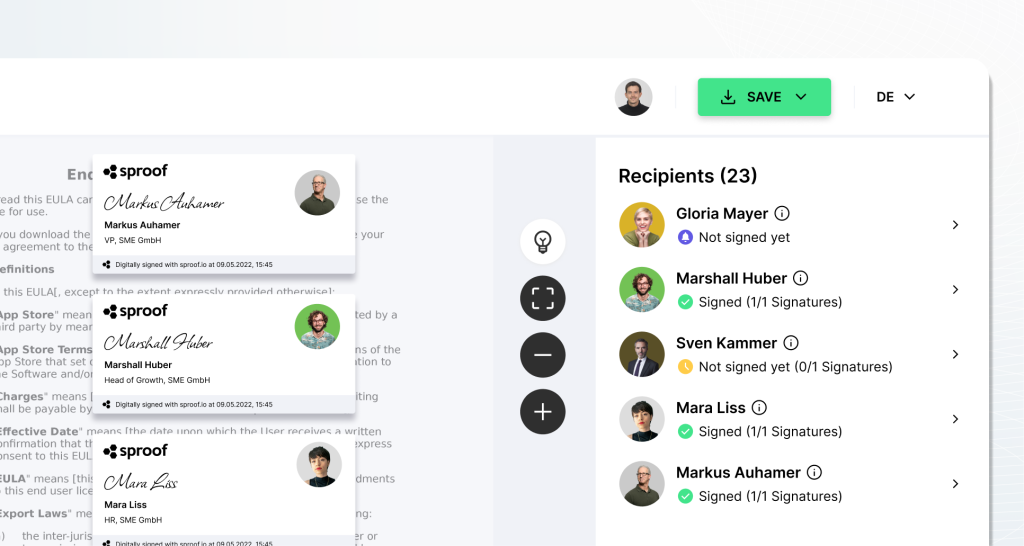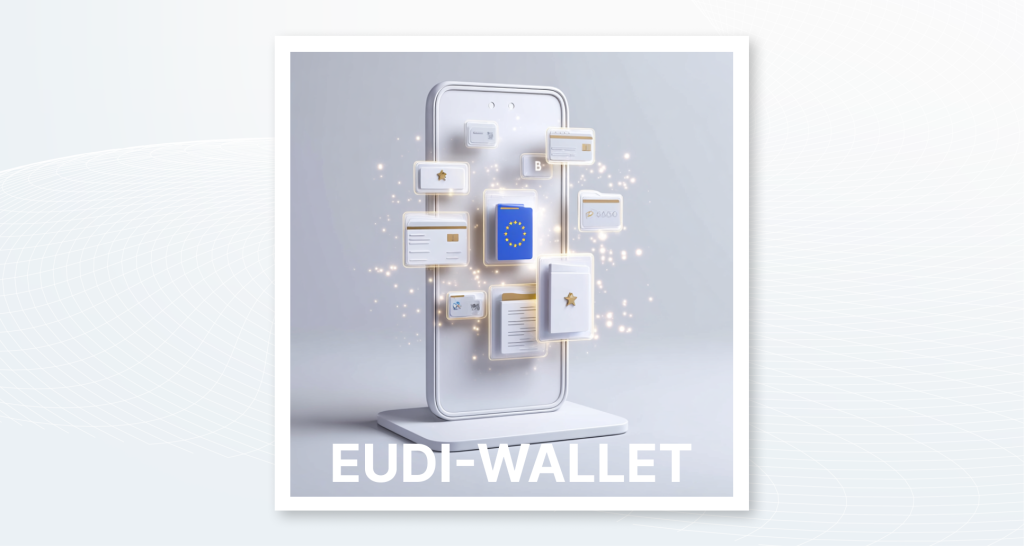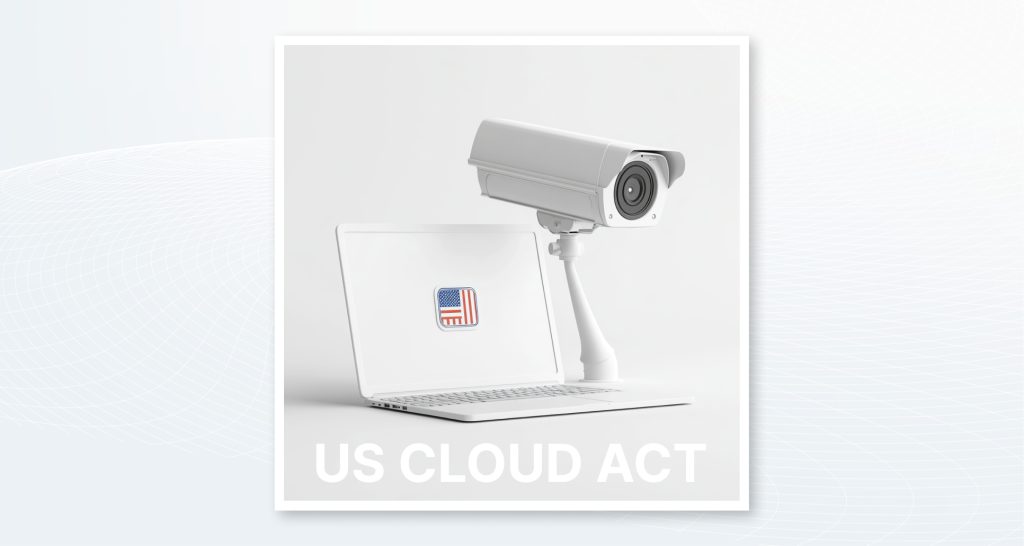The most important facts in brief
- A signature platform is a central, audit-proof solution for the electronic signing, management and auditing of documents.
- Modern platforms support multiple eIDAS signature levels and enable automated signature and approval processes.
- The origin of the provider determines the legal control of your data: European platforms are exclusively subject to the GDPR and avoid risks from US laws such as the CLOUD Act.
What is a signature platform?
A signature platform is a central, audit-proof software that controls the entire process relating to electronic signatures:
- Create & upload documents
- Define signature workflows
- Identify stakeholders
- Provide signatures
- Document audit trails
- Legally compliant archiving
What distinguishes a platform from a signature tool?
Digital signatures are now standard. But how is signed determines legal validity, security and efficiency.
A signature tool usually only digitizes the handwritten signature. A signature platform, on the other hand, controls the entire signature process and ensures compliance.
| Criterion | Signature tool | Professional signature platform |
| Purpose | Quickly sign individual documents digitally | Control entire signature processes securely and efficiently |
| Range of functions | Basic signature function – usually only EES | Workflows, identity verification, archiving, audit trail, automation, all eIDAS signature standards (EES, FES, QES) |
| System scope | Stand-alone application or small add-on module | Central company platform with integrations in CRM/ERP/HR |
| Example of use | “Insert signature” in a document | Sending documents, defining signature roles, tracking status, legally compliant filing |
| Compliance | Differences depending on the provider; usually only simple legal effect | EU legal sovereignty, eIDAS & GDPR-compliant, GoBD audit-proof |
| Scaling | Suitable for occasional signatures | Reliable even with large volumes and complex processes |
| Target group | Single user, simple requirements | Companies, authorities, regulated industries |
The strategic core: compliance and eIDAS conformity
For European companies, the legal bases eIDAS and GoBD (comparable standards in Germany and Austria) are the toughest touchstones. In order for digital signatures to be used in a legally compliant manner, signature platforms must reliably fulfill these regulatory requirements:
1. the eIDAS trinity: EES, FES and QES
The EU eIDAS regulation defines three signature levels. A signature platform must be able to provide each of these levels for the respective use case.

*The examples may vary depending on the country and internal guidelines and should therefore only serve as an aid to understanding! Consult legal advice or our sales department for your specific case.
! QES is the only form of signature that is legally equivalent to a handwritten signature. Not every platform offers QES – companies should check this before making a selection in order to avoid media disruptions in the subsequent process.
2. audit security through the audit trail
A signed document is only legally valid as long as the entire process is fully traceable. An eIDAS-compliant signature platform such as sproof Sign automatically generates an audit trail – a tamper-proof log that documents the time, parties involved, proof of identity used and signature standard. This is the key to audit security and GoBD compliance.

Deepen your knowledge of the highest legal validity. What is the qualified electronic signature in Europe →
Why does it make a difference whether a signature platform comes from the EU or the USA?
Digital signature processes are not just about convenience – they are about trustworthiness:
- Who protects my data?
- Which laws apply to stored documents?
- Who can access it?
The GDPR applies in Europe: Personal data may only be passed on with a legal basis.
In the USA, the CLOUD Act also applies: US authorities can oblige companies to hand over data,
- no matter where they are stored
- even if they are located in the EU
This leads to a conflict of rights:
| EU / DSGVO | USA / CLOUD Act |
| Strict protection of personal data | Access by authorities under certain legal conditions |
| Goal: Privacy & data sovereignty | Objective: national security & investigations |
| Access only with a clear legal basis and within defined framework conditions | Service providers with US jurisdiction may be obliged to hand over data by court order – regardless of whether the data is stored in the US or in the EU |
The sproof sign platform: smart workflows that make your team faster
The greatest efficiency gain lies in the automation of complex approval and signature processes. A modern platform such as sproof Sign enables the definition of signature workflows (e.g. sequential, parallel, with conditional steps) that automatically route documents to the right people (with the right signature level).
Rely on European compliance and maximum automation today. Let us show you in a no-obligation demo how sproof Sign as a central platform accelerates your processes and minimizes your legal risks. Book a demo now and discuss your e-signature strategy →




